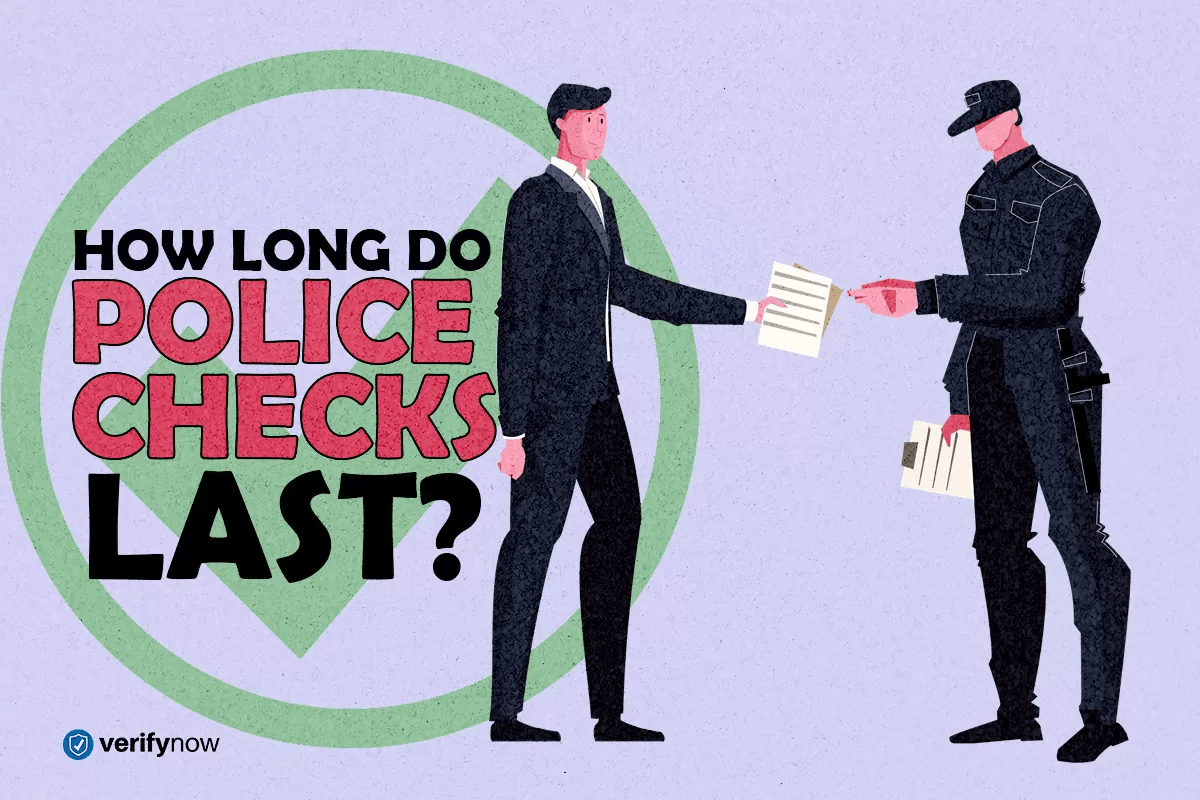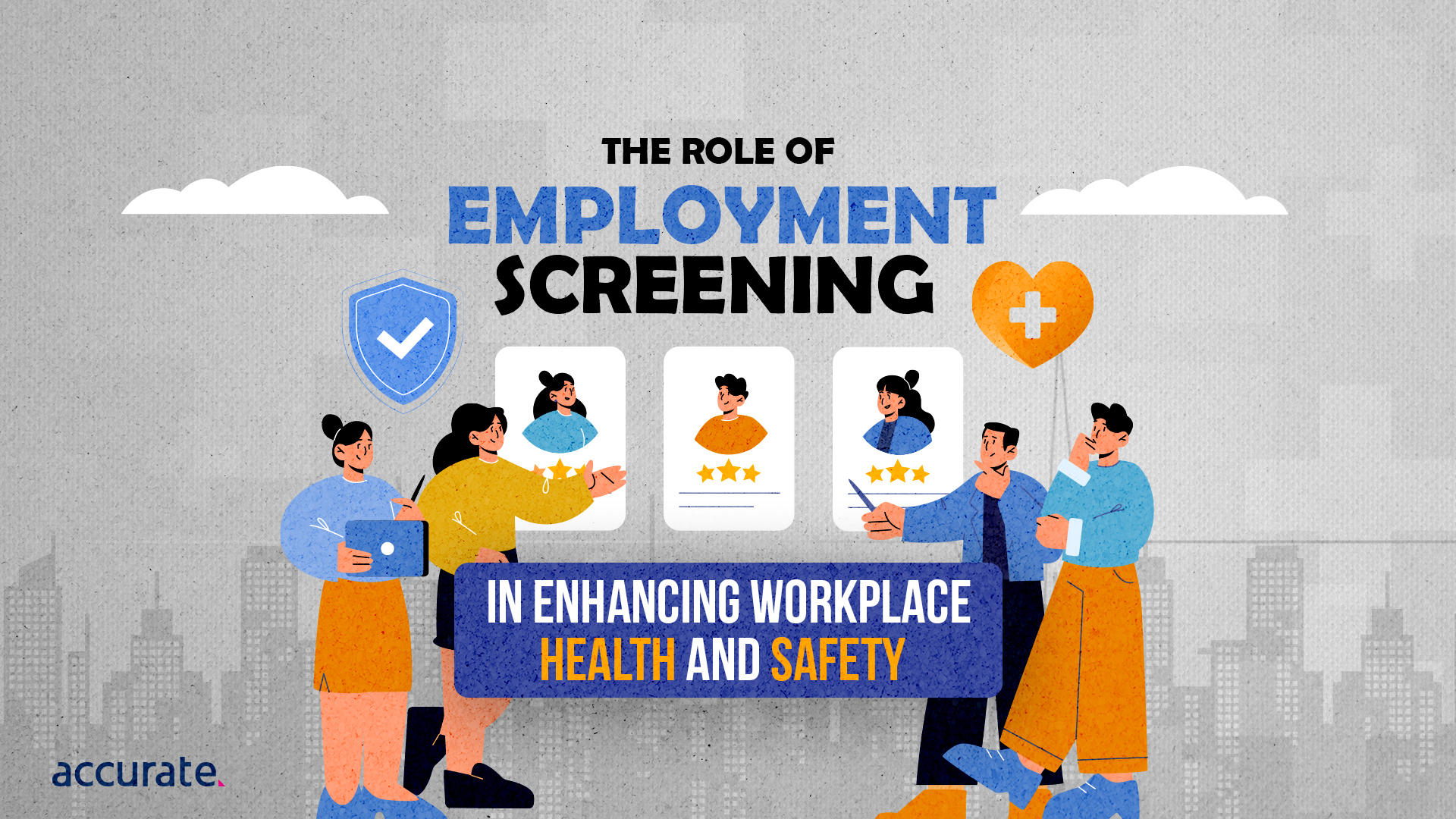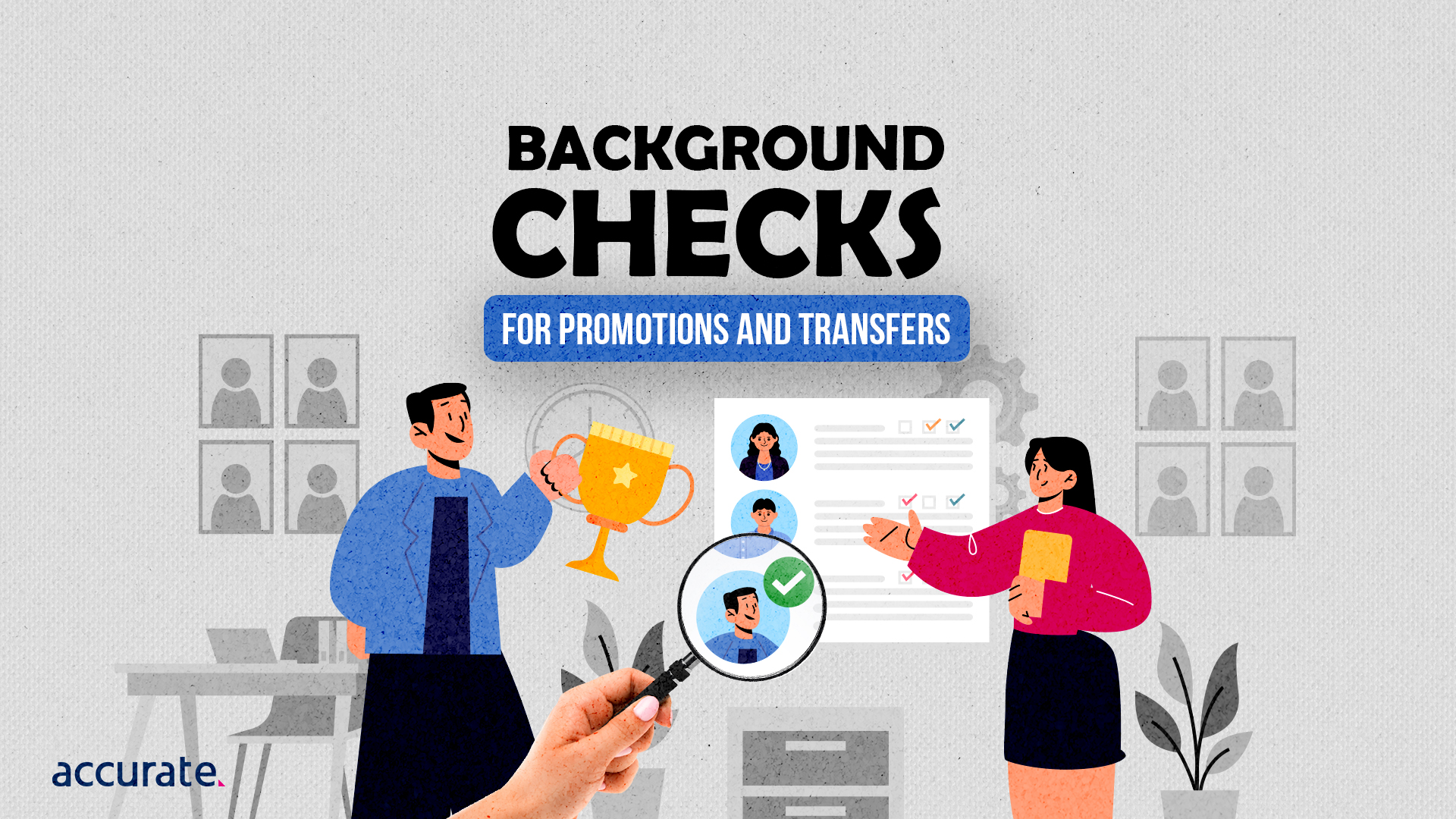In Australia, as in many places around the world, police checks are a crucial tool in the hiring process, providing potential employers with an overview of a candidate’s criminal history, if any.
These background checks play a fundamental role in protecting the organisation’s integrity and the safety of its current employees.
However, a question that often emerges in this context is: how long do police checks actually last? Is there a specific ‘expiry date’ for this information, or does it stay valid indefinitely?
And how does this timeline impact both employers and potential candidates?
Let’s find out.
How Long Does a Police Check Last?
A common misconception is that police checks have an expiration date, like a driver’s licence or passport. However, in Australia, this is different. Technically, a police check does not have a predetermined validity period.
The reason for this lies in the check itself. A police check is a ‘point-in-time’ check, representing a snapshot of a person’s criminal history up to the issue date. It doesn’t account for criminal activity, if any, occurring after the issue date. So, its relevance and accuracy decrease over time.
For this reason, many organisations decide their own ‘expiry’ period for a police check based on their internal risk management policies and the nature of the work involved.
How Often Do Employers Require New Police Checks?
The frequency at which employers in Australia require new police checks varies significantly, often depending on the industry, employer, and level of risk associated with the role.
Some might accept police checks conducted within the last 3 months, while others may accept checks up to a year old. Some professions, especially those involving work with children or vulnerable populations, often require a more recent check.
One example of how validity periods can vary, even within one organisation, is NSW Health, which has different police check requirements for various role types. For example, aged care workers must undergo a police check upon appointment, with subsequent checks taking place every three years.
For those child-related work roles, employees must complete both a police check and a working with children check upon appointment. However, the working with children check must be renewed every five years, but further police checks aren’t necessary.
And for any roles not related to children or the elderly, individuals only need to complete an initial police check upon appointment, with no requirement for repeat checks after that.
What Happens If You’re Charged with an Offence While Employed?
Suppose an employee is charged with a criminal offence during their employment. In that case, the implications may differ depending on the nature of the crime and its relevance to the individual’s job duties.
Having said that, most employers who require police checks also mandate that employees immediately report any incidents in which they are charged with an offence. Failing to do so could lead to severe consequences once the charge is revealed during the next police check.
How Should an Employer Handle New Offences?
In terms of how to handle situations when an employee informs you about being charged with an offence, you must assess the situation carefully, taking into account the following factors:
- Crime’s severity
- Potential risks to the business
- Whether the offence has any connection to the employee’s job responsibilities.
In general, being charged with a crime doesn’t automatically necessitate termination. Still, it could prompt further action if the arrest adversely affects the employee’s ability to perform their job or has a negative impact on the organisation.
In cases where the crime directly impacts the employee’s job duties, the employer may indeed have grounds for termination. For example, a driver charged with serious traffic offences might be considered unfit to continue in a role that depends on a clean driving record.
In contrast, if the charge has no bearing on the individual’s professional life, employers should exercise caution and not be hasty in dismissing the employee without thorough consideration and investigation.
Will Historic Offences Show Up on a Police Check?
When a criminal record is held in an individual’s name, it will typically remain there forever. So yes, historic offences may show up on a police check. However, in some cases, the Australian Criminal Intelligence Commission (ACIC) may choose not to disclose spent convictions on their report
A spent conviction is a criminal conviction that, after a certain period of good behaviour, is effectively sealed and no longer part of the individual’s criminal record for most purposes. This means it doesn’t need to be disclosed in most situations, such as job applications, and it won’t appear on most criminal history checks.
The concept of a spent conviction is based on giving people a second chance.
The length of the ‘good behaviour” period varies depending on the jurisdiction and the nature of the offence. In general, it can range from 3 to 10 years. Serious offences, such as sexual or violent crimes, may never be spent.
Rules regarding spent convictions vary slightly between Australian states and territories, and different rules apply for state and federal offences. Some exceptions also exist where spent convictions must remain disclosed, such as when applying for certain jobs (like those involving children or vulnerable people) or professional licences.
Key Takeaways
It’s key to remember that police checks are snapshots in time, not documents with a set expiration date. They provide essential insight into an individual’s criminal history, helping maintain a safe workplace.
Employers also need to be mindful of how to handle new offences.
Need up-to-date and accurate police checks? Choose Accurate Australia for a reliable, efficient service that helps inform your decisions. Contact us today to start your police check process.



